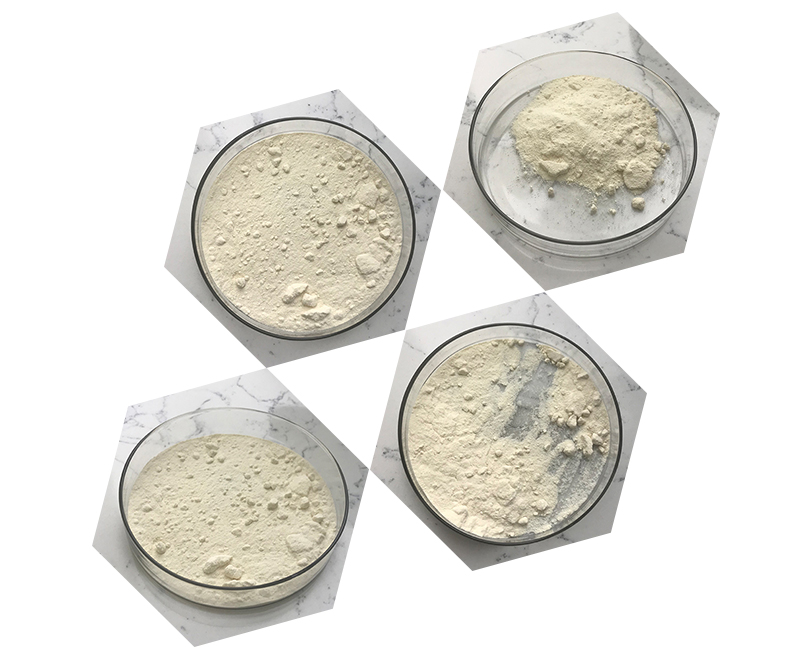Ceramide is a type of lipid (fat molecule) that is crucial for the structure and function of cell membranes, particularly in the skin. It belongs to a group of molecules called sphingolipids and is composed of a fatty acid and a sphingosine backbone. Ceramides are naturally occurring and are essential in maintaining the skin’s barrier function, hydration, and overall health.
Key Points About Ceramide:
- Structural Role: Ceramides make up a significant portion of the outer layer of the skin, known as the stratum corneum. They help create a protective barrier that prevents excessive water loss and shields the skin from environmental threats.
- Skin Health and Hydration: Ceramides retain moisture in the skin, contributing to a plump, smooth appearance. When ceramide levels are low, the skin can become dry, irritated, and more prone to conditions like eczema, psoriasis, and dermatitis.
- Types of Ceramides: There are several types of ceramides in the skin, often labeled with numbers or letters (like Ceramide 1, Ceramide 2, etc.). Each type has a slightly different structure and function in maintaining the skin barrier.
- Skincare Products: Due to its moisturizing and barrier-repairing properties, ceramide is widely used in skincare products, especially in creams and lotions for dry, sensitive, or aging skin. Ceramide-based products help replenish natural ceramide levels, restoring barrier function and reducing trans-epidermal water loss.
- Cell Signaling: Beyond skin health, ceramides are involved in cellular signaling, especially in processes like cell differentiation, apoptosis (programmed cell death), and inflammation.

- Diet and Production: While ceramides are produced naturally in the body, certain foods rich in healthy fats (like omega-3 fatty acids) can support ceramide production and help maintain healthy skin.
Adverse effects of Ceramide
Ceramide is a type of lipid (fat molecule) that play a crucial role in maintaining the skin’s barrier function and hydration. They are naturally present in the skin and are also commonly used in skincare products to improve moisture retention and protect the skin. However, like any substance, ceramides can have potential adverse effects, especially if they are used inappropriately or if an individual has specific sensitivities.
Here are some potential adverse effects of ceramides:
1.Skin Irritation:
Although ceramide is generally well-tolerated, some individuals with sensitive skin may experience irritation, redness, or stinging, particularly if the concentration of ceramides in a product is too high or if it’s combined with other active ingredients that might cause irritation.
2.Allergic Reactions:
In rare cases, a person might develop an allergic reaction to ceramide-containing products, which can manifest as itching, swelling, rash, or hives. This is more likely if the ceramides are derived from animal sources.
3.Breakouts (Acne):
While ceramide is not typically comedogenic (they don’t clog pores), some people with acne-prone skin may experience breakouts, especially if the formulation contains other ingredients that could contribute to pore-blocking or if the product is too rich for their skin type.
4.Overuse:
Overuse of ceramide-based products in an attempt to boost skin hydration may result in an imbalance in the skin’s natural lipid composition, potentially leading to dryness or a disrupted skin barrier. It is important to find the right balance for individual skin needs.

5.Interaction with Other Active Ingredients:
In some cases, ceramides may interact with other active ingredients in skincare products, such as exfoliants (like alpha-hydroxy acids or retinoids), causing potential irritation. When layering products, it’s important to know how your skin responds and ensure compatibility between ingredients.
6.Formulation Sensitivities:
Sometimes, it’s not the ceramide itself but the other ingredients in a ceramide-containing product that cause issues. For example, fragrances, preservatives, or emulsifiers in the formulation might trigger adverse reactions for sensitive individuals.
Conclusion:
While ceramides are generally safe and beneficial for most people, it’s important to patch-test products and observe your skin’s reaction, especially if you have sensitive or reactive skin. If irritation, allergic reactions, or other negative effects occur, discontinue use and consult a dermatologist for advice.
